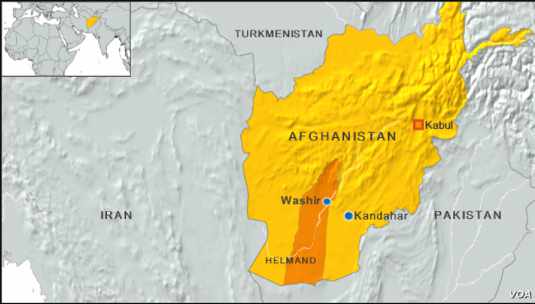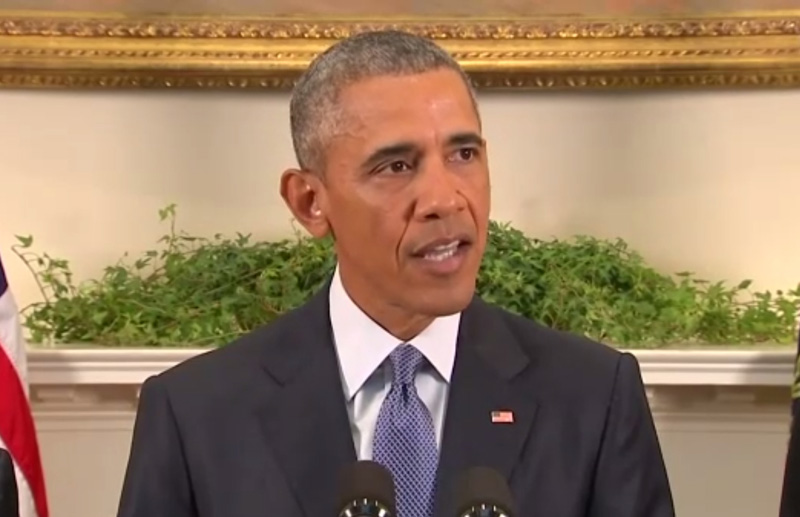BONN, Germany-Today, dozens of nations as well as other organizations met at the former Parliament of West Germany to plan the future of Afghanistan after the scheduled withdrawal of troops there in 2014. The conference was hosted by the Afghan government, but took place in Europe.
But the original intentions of the conference was quickly done away with by Afghan president Hamid Karzai, as he and other Afghan officials called for political and military support for another 10 years. This now puts the deadline at 2024. In additional, that government requested financial assistance until the year 2030. “We will need your steadfast support for at least another decade,” Mr. Karzai said, speaking to the leaders in attendance.
Secretary of State, Hillary Clinton had been working diligently at easing trade barriers as well as creating economic opportunities in the region. But, even that has come to a standstill, as one of Afghanistan’s neighbors, Pakistan, boycotted the talks in Bonn, because of the airstrike that killed 24 of that country’s soldiers in a night border skirmish last month. Repeated attempts to bring them to the conference table failed.
Clinton, as well as many at the table, have re-voiced President Obama’s opinion that there is no military solution to the current situation in Afghanistan. Attempts had also been made to bring two of Afghanistan’s former Taliban ministers to the table, but in light of the September assassination of Burhuddin Rabbana, the leader of Afghanistan’s High Peace Council, Afghan officials ruled out any participation by the two.
The two former Taliban ministers, Mullah Zaeef and Wakil Ahmad Mutawakil, who have gained amnesty and live in Kabul, most likely would not have had much effect at the talks and with negotiations with the insurgents however. Since their amnesty, the two have been largly spurned by the Taliban movement.
A plan of development was presented to the conference by Afghan officials. In a country that is almost in entirety supported by International military and development spending, the government there says that when U.S. troops are withdrawn from that country in 2014, they will need at least $10 billion to cover the shortfall. The plan also states, while asking for funds, that if funds aren’t forthcoming, the work of the last ten years will be undone. “They should provide financial aid, enough to cover the security and defense expenditures, as our national income cannot cover that,” said Jawad Ludin, the Afghan deputy foreign minister.
No pledges of funds from attendees of the conference were forthcoming despite the pleas.
It is believed by many in the International community, that once the Coalition forces withdraw from the country, Karzai’s government will de-stabilize from the corruption that runs rampant within its ranks.




